Clocks change as 100 years of British Summer Time is marked
- Published

British Summer Time was established following campaigning by William Willett (right), a great-great-grandfather of Coldplay's Chris Martin
The 100 year anniversary of the introduction of British Summer Time is being marked on Sunday - as clocks in the UK go forward by an hour.
British Summer Time was established in the UK in 1916 following campaigning by William Willett, a great-great-grandfather of Coldplay's Chris Martin.
His initial idea was adapted by Thomas Wright from the British Horological Institute (BHI).
The BHI is holding an exhibition, external at its base in Upton Hall in Nottinghamshire.
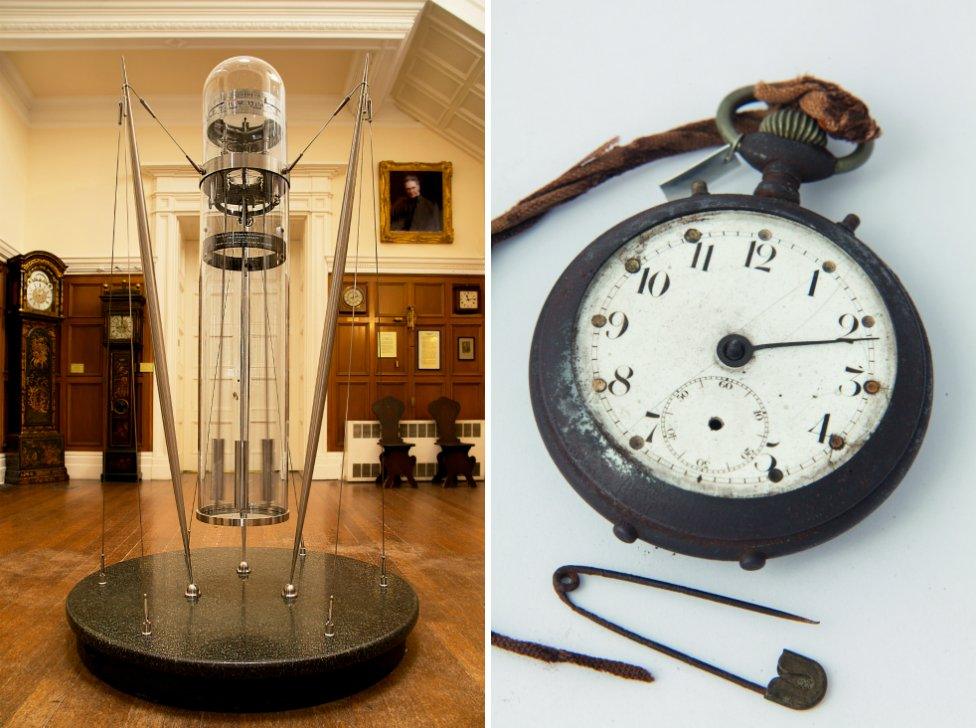
The BHI Museum has a large collection of clocks and timepieces, including the alarm watch (right) carried by Captain Scott on his fateful mission to the Antarctic
Ashley Strachan, chairman of the BHI Museum Trustees, said: "William Willett conceived the idea in 1905 during a pre-breakfast ride, when he observed with dismay how many Londoners slept through a large part of a summer's day.
"An avid golfer, he also disliked cutting short his round at dusk.
"His solution was to advance the clock during the summer months, a proposal he published two years later."
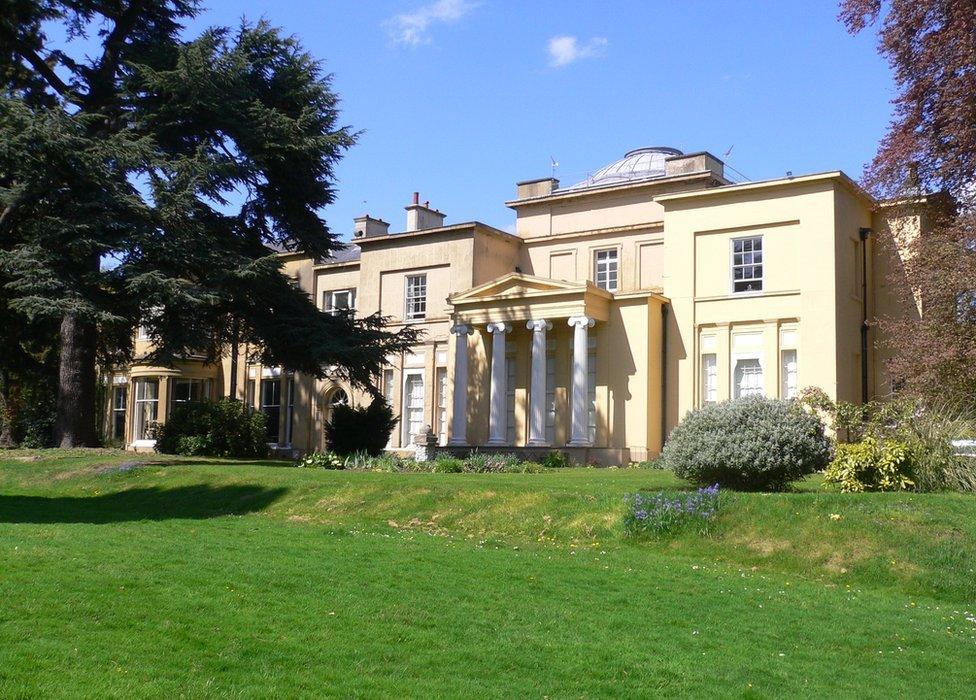
Thomas Wright, of the British Horological Institute, based at Upton Hall in Nottinghamshire, initially argued against changing the clocks
Mr Willett proposed a phased change in the clocks over four weeks in spring and four weeks in autumn.
The clocks would have changed by 20 minutes each week - adding up to a change of 80 minutes.
He lobbied for the change until his death in 1915 - a year prior to its introduction.
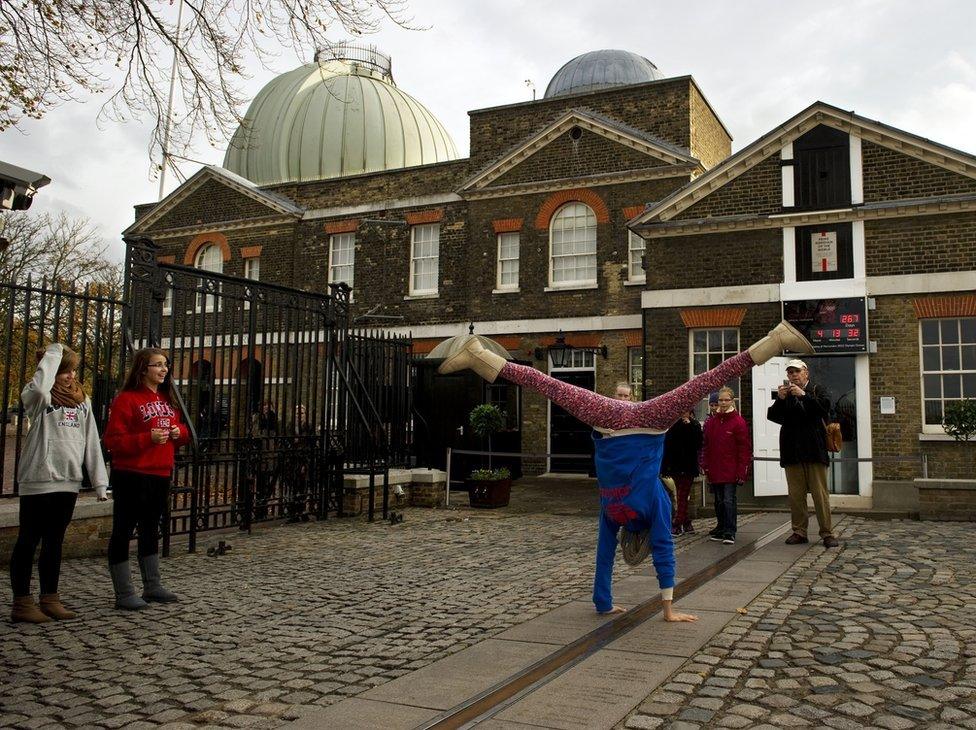
One horologist said it would be "downright wicked" for Britain, as the originator of Greenwich Mean Time, to alter the clocks
Leading horologist Thomas Wright, of the British Horological Institute, initially argued against the change.
"Thomas Wright called the idea 'stupid', because it was impractical and would have caused international communication chaos and traffic mayhem," said Mr Strachan.
Another leading horologist, Frank Hope-Jones, pointed out in a letter to the BHI Horological Journal that "it would be downright wicked for us in the country of origin of standard time [i.e. Greenwich Mean Time] to destroy the unanimity that so many nations have gone out of their way to bring about".
However pressure mounted, so Mr Wright proposed an alternative one-hour change in spring and autumn - and this is still used today.

Daylight Saving Time around the world
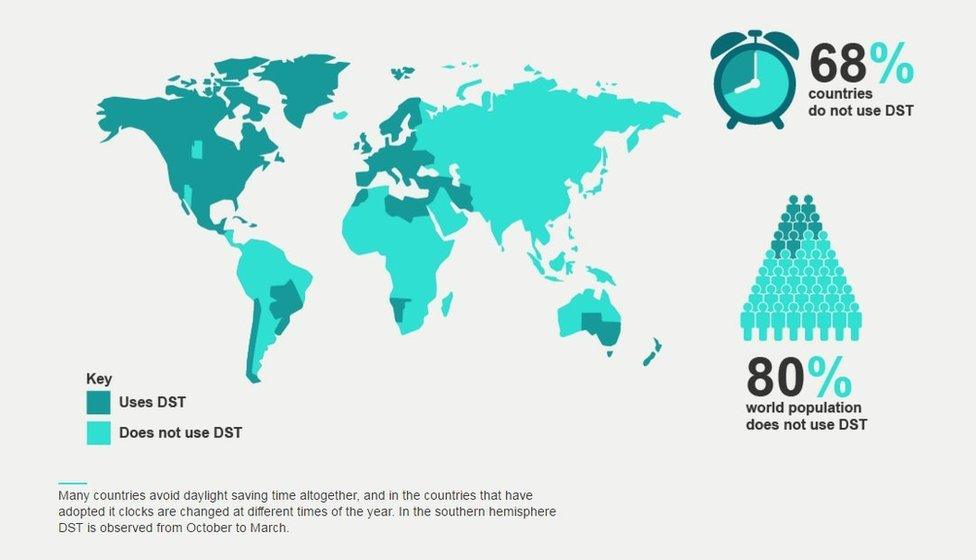
Germany and its World War One ally Austria-Hungary were the first places to introduce Daylight Saving Time, on 30 April 1916, as a way to conserve coal during wartime
The British government quickly followed suit, and the Summer Time Act was passed on 17 May 1916
Most of the world's countries still do not use Daylight Saving Time
- Published27 March 2016
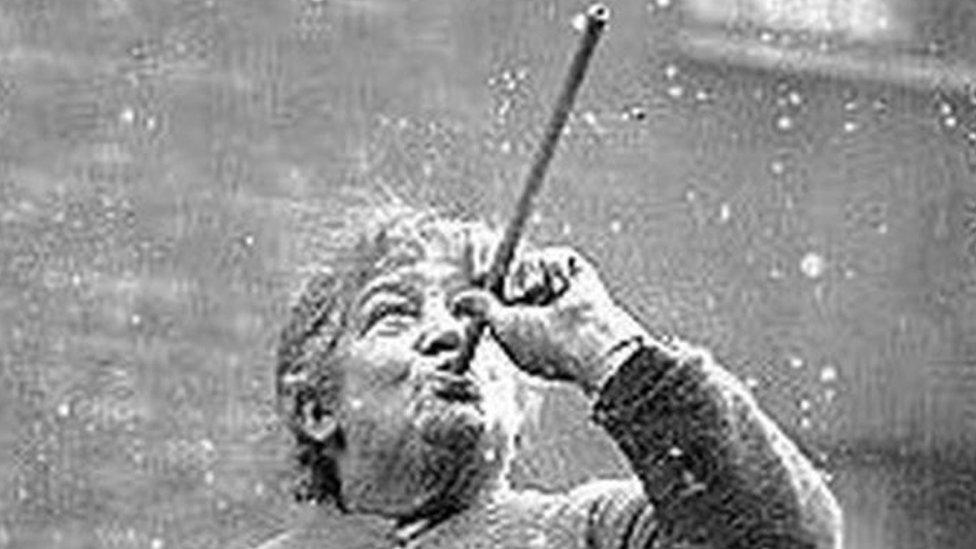
- Published24 October 2014
.jpg)
- Published28 October 2011
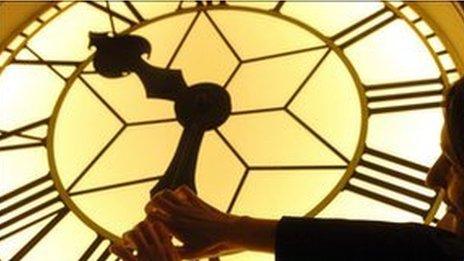
- Published24 February 2011
- Published31 October 2010
- Published29 October 2010